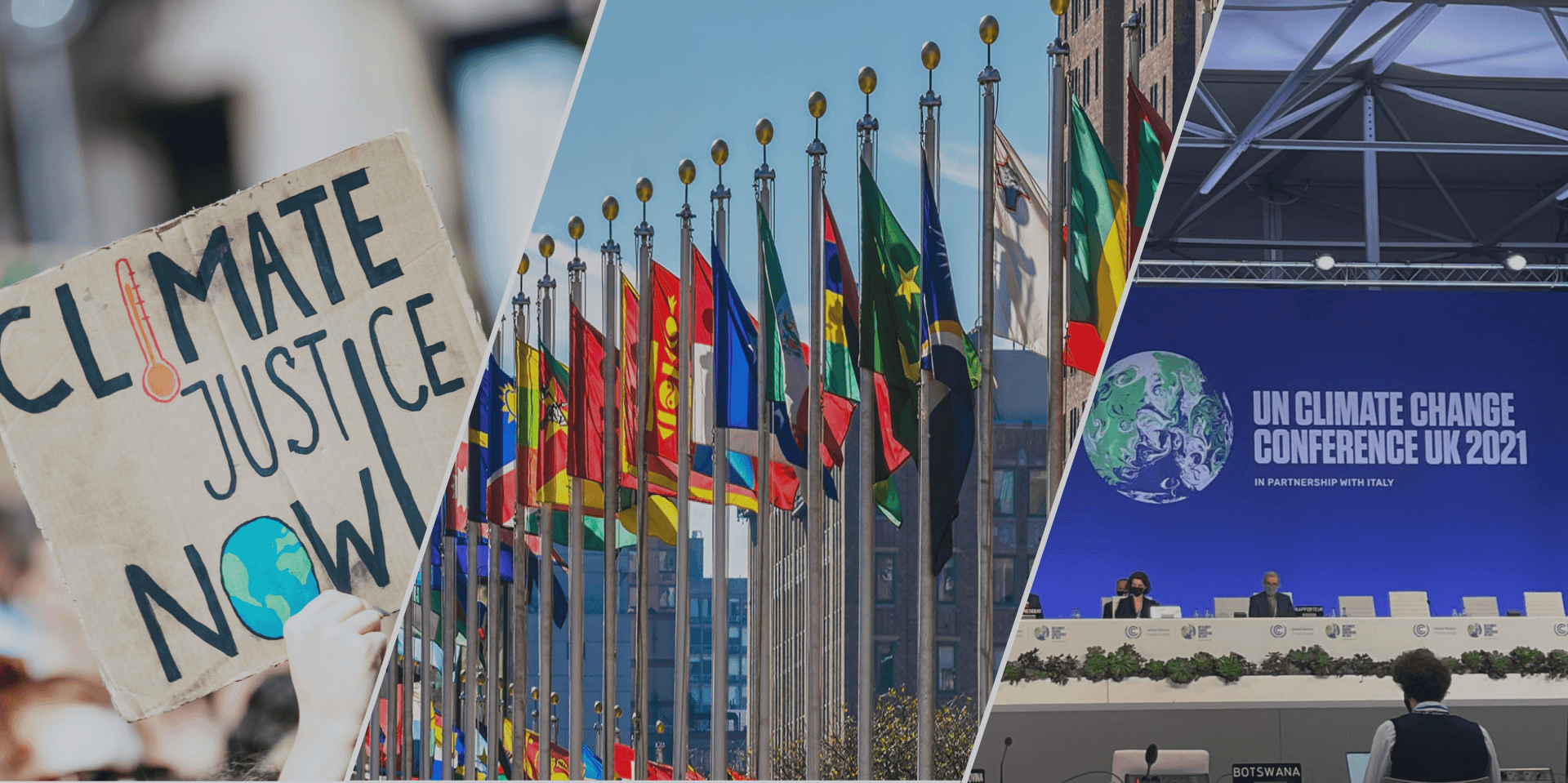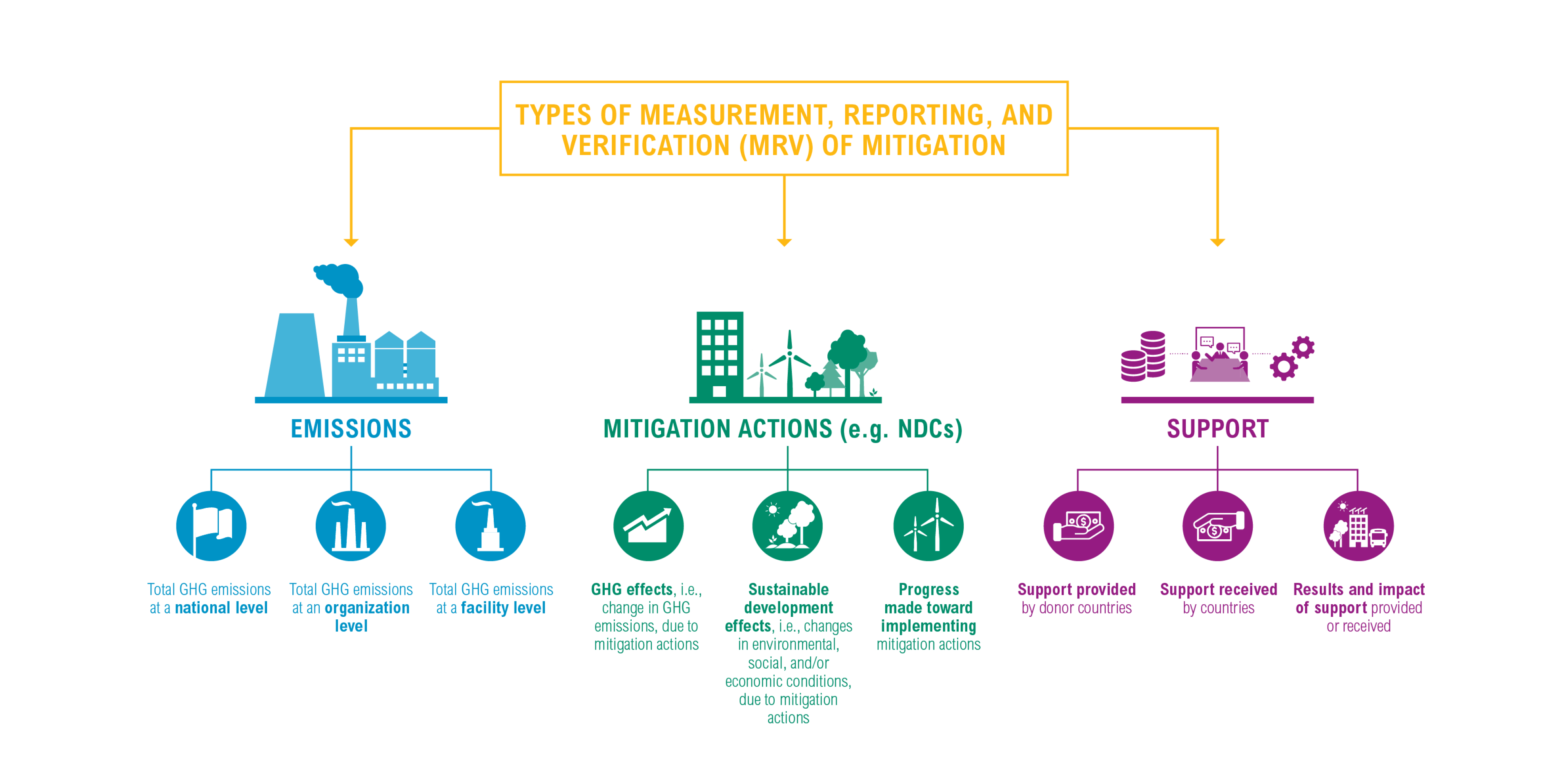Climate Change

Specialized Areas
Risk & Impact Assessment
In the last eighty years, Mongolia has observed a significant increase in its annual average surface temperature, rising by 2.46°C. This alarming trend underscores the urgent need to address the escalating impacts of climate change in the country. From intensified natural disasters to heightened socio-economic vulnerabilities, Mongolia faces significant challenges ahead.
Ranked 60th out of 185 countries in the 2021 by the University of Notre Dame Global Adaptation Index (ND-GAIN), standing as 126th most vulnerable country and the 74th most ready country. Mongolia is recognized as particularly vulnerable to climate change due to a confluence of political, geographic, and social factors. The nation's coal and nature-dependent economy bears the brunt of these impacts, struggling to meet energy and water demands amidst mounting climate-related risks.
In this demanding time, efficient and equitable climate-smart transition emerges as paramount. It requires sustainable long-term strategies and effective short-term actions, underpinned by consistent dedication. Whether at the national or organizational level, OLOLT Center remains committed to collaborative efforts in crafting effective policies and strategies that balance resilience, adaptation, and mitigation. Through our professional services, we aim to take a proactive role and lead in our specialized areas, contributing to the national response to climate change.
Potential customers

Governmental organizations

Research & Academic institutions

Private sector entities

Communities

International organizations

Others
Risk & Impact Assessment
Conducting Risk and Impact Assessments is a critical initial step in formulating effective policies, plans, programs, and projects to adequately address climate challenges. Understanding climate risks hinges on three fundamental factors: climate-related hazards, vulnerability, and exposure, which encompass a wide array of elements such as people, livelihoods, infrastructure, and ecosystems etc. These evaluations are crucial for understanding both the likelihood and consequences of these impacts.
Mongolia faces a certain gap in climate risk and impact assessments across various levels, posing a risk to the long-term sustainability of climate change policies and actions. To address this challenge, we collaborate closely with national, subnational, and local authorities, as well as communities and private sector entities. Our strategy involves adopting a systematic approach, adhering to internationally recognized standards, and developing case-specific methodologies through comprehensive analysis.

Policy Planning
Mongolia has set ambitious goals, aiming to reduce greenhouse gas emissions by 22.7% by 2030 and achieve Net-Zero by 2050, as outlined in its mid and long-term development policies. However, while these goals are commendable, there is a lack of progress in translating them into actionable impact due to the absence of detailed implementation strategies and coordination across all sectors, and stakeholders. To ensure effective long-term implementation, a science-based approach and stakeholder dedication and ownership in the policy development process are imperative.

ОЛОЛТ Төвийн хувьд аливаа харилцагчдын онцлог, шаардлагад үндэслэн уур амьсгалын өөрчлөлтийн бодлого, төлөвлөгөөг боловсруулах болон бодлогын үнэлгээ хийх үйлчилгээ үзүүлдэг. Бидний арга барил нь шинжлэн ухаанд суурилсан бодлого, төлөвлөгөөг боловсруулах, мөн олон талт оролцогчдыг мэдээллээр хангаж, бодлого боловсруулах үйл явцад оролцоог нэмэгдүүлэхэд оршдог. Манай байгууллагын судлаач, шинжээчид үндэсний түвшний уур амьсгалын өөрчлөлтийн хууль эрх зүй, бодлогын орчинг сайжруулах, болон төсөл, хөтөлбөрүүдийг боловсруулан, хэрэгжүүлж байсан туршлагатай. Үүнд:
- Монгол Улсын Үндэсний тодорхойлсон хувь нэмэр (ҮТХН), арга хэмжээний төлөвлөгөө боловсруулах
- Уур амьсгалын өөрчлөлтийн тухай хуулийн төсөлд тусгах салбаруудын түвшний асуудлуудыг тодорхойлж, дүн шинжилгээ хийх
- Парисын Хэлэлцээрийн зорилтын хүрээнд хөдөө аж ахуй, ойн, болон газар ашиглалтын салбарт ил тод байдлыг нэмэгдүүлэх ажил
- “Тэрбум Мод Сан” үндэсний хөдөлгөөний үйл ажиллагааны бэлэн байдлын үнэлгээ
- Улаанбаатар хотын ҮТХН-ийн тайлагналын зөвлөмж гэх мэт.
Эдгээр нь уур амьсгалын эрсдэл, нөлөөлөл, эмзэг байдалд цогц дүн шинжилгээ шаардсан ажлууд төдийгүй уур амьсгалын өөрчлөлтийн нарийн зангилаа асуудлуудыг тодорхойлж улмаар судалгаа, нотолгоонд суурилсан үр дүнтэй шийдэл, арга барилыг дэвшүүлэхэд чиглэсэн мэргэшил, туршлага, шүүмжлэлтэй сэтгэлгээ зэрэг олон ур чадварыг шаардсан ажил юм.
Climate Finance
In alignment with Mongolia's National Sustainable Finance Roadmap, there is a crucial target for green investment to reach 10% of bank loans by 2030. However, the current landscape reveals a significant gap, with green loans representing only 2.2% of the total banking sector loan portfolio. This disparity highlights the urgent need to bridge the financing gap to drive Mongolia towards achieving its ambitious Nationally Determined Contributions (NDC). With an estimated $11.5 billion required to meet these targets effectively, accessing international climate funds becomes imperative to catalyze climate investment and advance Mongolia's sustainable development agenda.
At OLOLT Center, our main focus is to ensure the long-term sustainability of climate financing in Mongolia through the establishment of robust market mechanisms. Currently, we are involved in designing and implementing various incentive mechanisms, such as the carbon market mechanism, renewable energy certificates, and energy-saving certificates. Additionally, we offer advisory services to help projects access climate finance from prestigious international funds.
Our proven track record demonstrates our active contribution to the development and execution of climate-related projects funded by renowned international organizations. These initiatives include those supported by the Nationally Appropriate Mitigation Actions (NAMA) Facility, Global Environment Facility (GEF), Green Climate Fund (GCF), Adaptation Fund, and Climate Technology Centre and Network (CTCN).
Project Development, Implementation and evaluation
Developed countries collectively pledged to support developing nations in their climate mitigation and adaptation efforts by committing to provide US$100 billion annually by 2020.
Based on our analysis of the International Climate Finance Flow in Mongolia spanning from 2016 to 2021, a total of USD 1.9 billion was allocated in the country, primarily for reducing greenhouse gas emissions, adaptation measures, and other related purposes. Evaluating the impact and outcomes of climate change projects funded by international sources is crucial for all stakeholders involved in project development. By assessing the effectiveness of these projects, stakeholders can better understand further financial needs and make informed requests for subsequent funding.

Source: World Research Institute, 2016
Throughout the entire process of project development and implementation, we prioritize the establishment of a robust Measuring, Reporting, and Verification (MRV) framework. This framework allows for the evaluation of a project's impact on greenhouse gas emissions and sustainable development, ensuring effective monitoring and implementation. We actively support project development and implementation efforts that address both climate mitigation and adaptation needs, along with initiatives related to carbon markets, energy certification, and other relevant areas.

